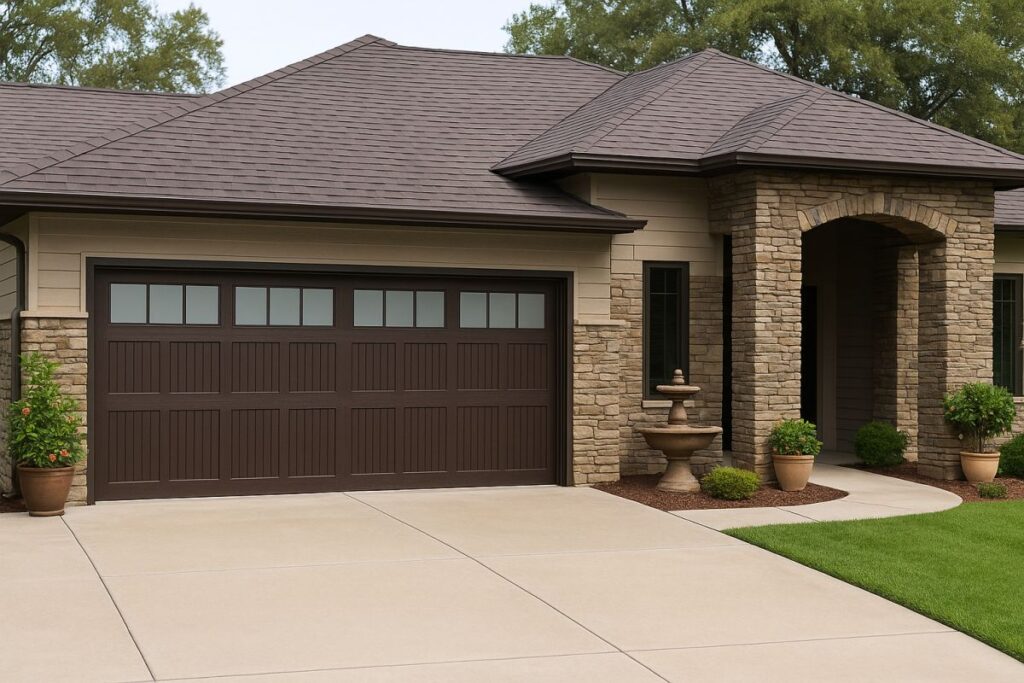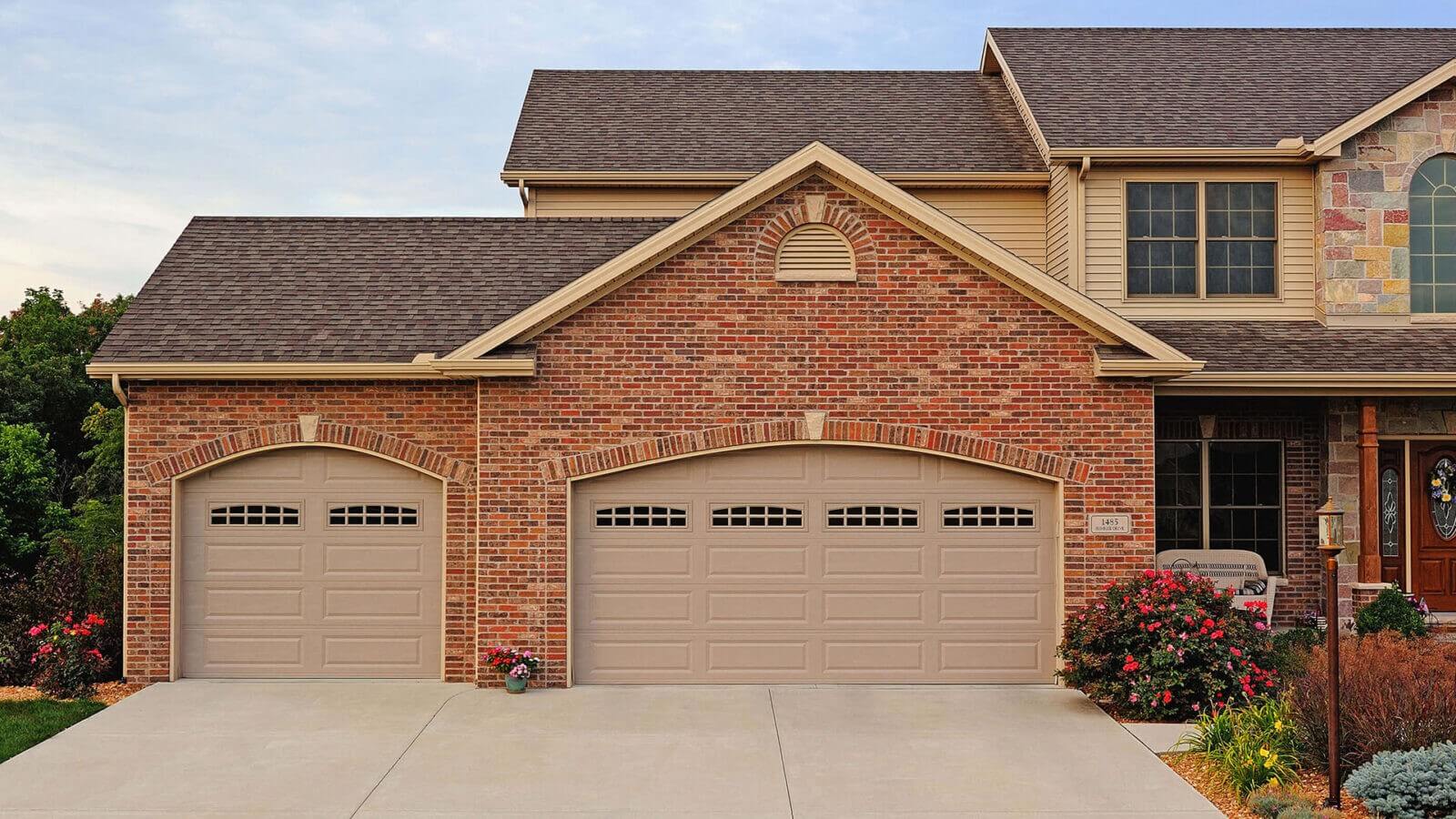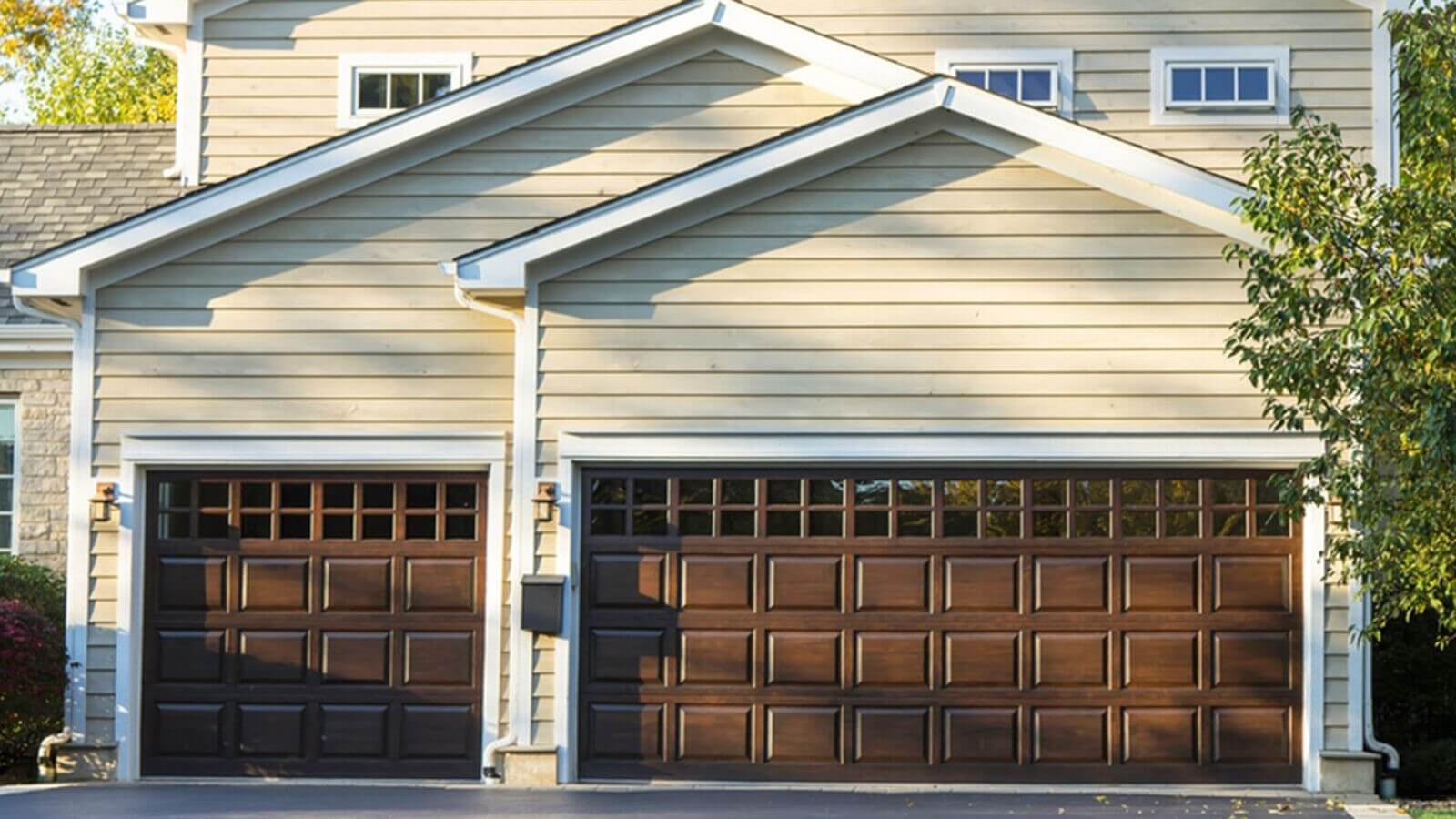Troubleshooting Tips: Why Your Commercial Roll-Up Door Won't Close and How to Fix It
Introduction
When you run a business, ensuring the security of your premises is paramount. A commercial roll-up door serves as a crucial barrier against theft and environmental elements. However, what happens when that essential door won’t close? You might find yourself scratching your head in confusion, wondering why your reliable roll-up door has turned into an unreliable obstacle. In this comprehensive guide, we’ll delve into the troubleshooting tips surrounding this frustrating issue and provide you with actionable steps to fix it. From common problems to DIY solutions, we’ve got you covered.

Understanding Commercial Roll-Up Doors
What Are Commercial Roll-Up Doors?
Commercial roll-up doors are designed for practicality and durability, primarily used in warehouses, loading docks, and retail shops. They offer excellent space-saving benefits while providing robust security features.
Types of Roll-Up Doors
There are several types of commercial roll-up doors available on the market today:
- Steel Roll-Up Doors: Known for their strength and durability.
- Aluminum Roll-Up Doors: Lightweight yet strong, often used in high-traffic areas.
- Insulated Roll-Up Doors: Ideal for temperature-sensitive environments.
Why Security Matters
The integrity of your commercial space relies heavily on the functionality of your roll-up door. When it won’t close properly, it poses a risk not just to your assets but also to your employees' safety.

Troubleshooting Tips: Why Your Commercial Roll-Up Door Won't Close and How to Fix It
Common Reasons for Closure Issues
Understanding why your commercial roll-up door won't close is the first step toward resolving the issue. Here are some common culprits:
- Dirt or debris can accumulate over time.
- Items may fall onto the track unexpectedly.
- Most modern doors come equipped with sensors to prevent closing on objects or people.
- If these sensors are misaligned or dirty, they may signal an obstruction when there isn’t one.
- Problems with wiring can lead to failure in motor operation.
- A blown fuse might be affecting power supply.
- Broken springs or cables can hinder movement.
- Wear and tear on rollers could also be a factor.
- Malfunctions in the control panel may prevent proper operation.
- Sometimes resetting the system can help resolve minor glitches.
Initial Steps to Diagnose the Problem
1. Inspect the Door
Start by visually inspecting your roll-up door for any apparent obstructions or damage. Is there anything blocking its path?
2. Check Sensor Alignment
Ensure that all sensors are correctly aligned and free from dirt or obstructions that could trigger false alarms.
3. Test Electrical Components
Examine the electrical connections and check if there's power flowing to the motor unit by using a voltage tester.
4. Listen for Unusual Noises
When attempting to close the door, listen carefully for any unusual sounds like grinding or clicking that could indicate mechanical failure.
How to Fix Common Issues
1. Clearing Obstructions
If you find debris or objects obstructing the track, simply clear them away before trying again.
2. Cleaning Sensors
Wipe down sensor lenses with a clean cloth to remove dust or dirt that may be interfering with their operation.
3. Resetting Electrical Connections
If you're facing electrical issues, try resetting any circuit breakers that might have tripped due to overloads before checking wiring continuity.
4. Addressing Mechanical Problems
For broken springs or cables:
- Consider contacting a professional for safe repairs.
- Attempting these repairs without experience can lead to injury.
Preventative Maintenance Tips
Regular Inspections
Conduct regular inspections of your commercial roll-up door every few months:
- Check tracks for dirt or debris.
- Inspect springs and cables for wear.
Lubrication
Apply lubricant regularly on moving parts like rollers and hinges to ensure smooth operation and longevity of components.
Cleaning Protocols
Establish a routine cleaning schedule where both exterior surfaces and internal mechanisms are cleaned thoroughly:
- Use non-corrosive cleaners.
- Avoid using abrasive materials that can scratch surfaces.
FAQs
1. What should I do if my commercial roll-up door still won’t close after troubleshooting?
If you've attempted basic troubleshooting without success, it's advisable to call in professionals who specialize in commercial garage door repair for further assistance.
2. How often should I maintain my roll-up door?
A general recommendation is twice a year; however, if your business experiences high traffic through the door daily, quarterly maintenance checks would be prudent.
3. Can I fix my roll-up door myself?
While some issues like cleaning sensors or clearing tracks can be DIY tasks, mechanical repairs such as spring replacement should be handled by professionals due to safety risks involved.
4. How do I know if my sensors are working properly?
You can test sensor status by attempting to close the door while placing an object directly beneath it; if operational, it should reverse upon sensing interference.
5. What type of lubricant should I use on my roll-up door?
It’s best practice to use silicone-based lubricants specifically designed for garage doors as they reduce friction without attracting dirt and grime over time.
6. Are insulated roll-up doors worth it?
Insulated doors provide energy efficiency advantages which can lead to savings in heating/cooling costs depending on climate conditions; hence they’re worth considering if temperature control is essential for operations.

Conclusion
Dealing with a malfunctioning commercial roll-up door can feel overwhelming at times; nevertheless, understanding common issues along with proactive maintenance strategies will help ensure its reliability over time! By following these troubleshooting tips—why your commercial roll-up door won't close—and implementing preventive measures, you'll enhance not only functionality but also security within your workspace!
Remember, when in doubt about complex repairs related to mechanics or electrical systems linked with your garage doors; don't hesitate! Seeking professional advice ensures safety while restoring full operational capability swiftly!